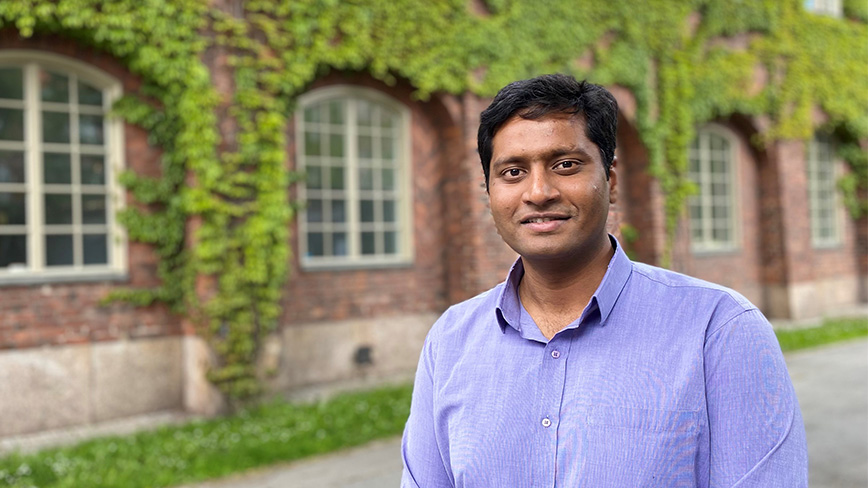New Horizon Europe project aims at reducing emissions from the agricultural sector

Researchers at the Department of Chemical Engineering are collaborating with other European partners to develop and implement technologies that could significantly reduce emissions of methane and nitrous oxide from the agricultural sector.
The project ‛REPAIR’ has recently been approved by the European Commission under the Horizon Europe framework.
“We can remove more than 50 percent of methane emissions in the EU, and if these technologies are implemented worldwide, they have the potential of avoiding global warming by 0,3˚C," says Shareq Mohd Nazir, Assistant Professor and Project Leader.
Methane and nitrous oxide are very potent greenhouse gases, mainly emitted from agricultural sector. They are generally present at low concentrations in the atmosphere and difficult to remove.
The Horizon Europe project titled ‘REPAIR - Removing non-CO2 greenhouse gas emissions to support ambitious climate transitions’, led by KTH Royal Institute of Technology, is a four-year collaboration between universities, research institutes, as well as industries and small and medium-sized enterprises (SMEs), spread in seven different countries in Europe.
“We will develop technologies for non-CO2 greenhouse gases removal and check the technological, economic, environmental, social and policy compatibility. We also want to study the integration of this technology with existing technologies for direct air capture of CO2. Finally, we will evaluate the impact these technologies will have in limiting global warming,” Shareq Mohd Nazir says.
Develop filters for GHG removal
The aim of the project is to develop filters that either separate or convert greenhouse gases in air and which could be placed in ventilation stables or even in open fields.
“In this project, we will prove the technologies in the lab. We hope that in two years after the project is finished, we will have a prototype, with an aim of wider implementation by 2035,” says Shareq Mohd Nazir.
Shareq Mohd Nazir and his colleagues Stefan Grönkvist and Sairam Sirigina at KTH are also involved in another ongoing project funded by the Swedish Energy Agency, which is about identifying the potential of a concept for the removal of non-CO2 greenhouse gases from the Swedish agricultural sector.
Text: Sabina Fabrizi
Photo: Åsa Karsberg
